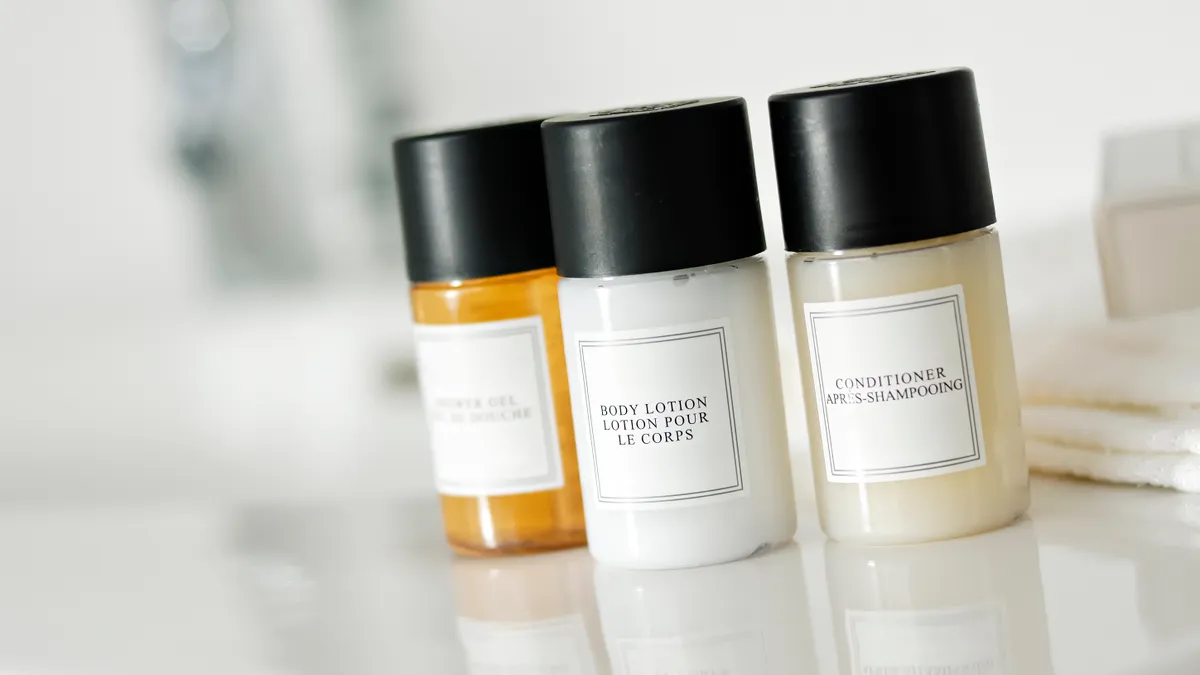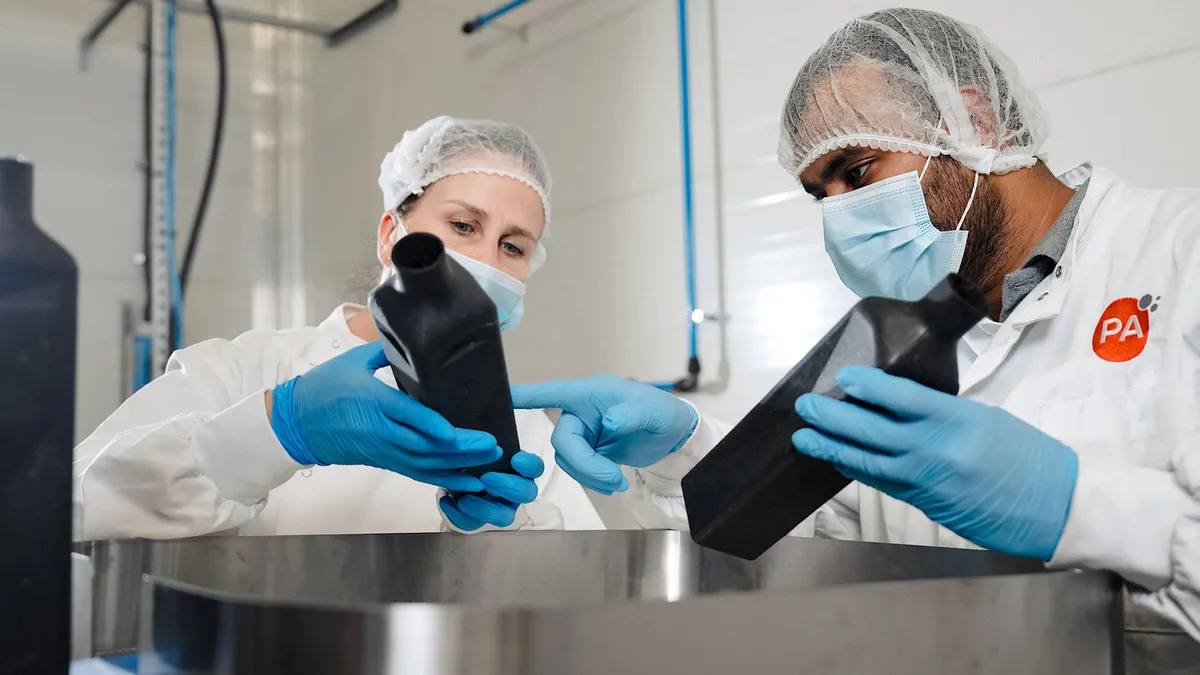State legislatures’ actions in recent years will result in changes in 2025 to the types of packaging distributed, used or collected by restaurants, stores, hotels, events or even state agencies. There are also updates to bottle bills and PFAS regulations in some states.
These are some laws that come into force in January or will take effect later this year:
California
As of Jan. 1, stores will only be allowed to distribute pre-checkout bags, like those used for loose produce, if they’re compostable or made of recycled paper. That’s under a 2022 law, SB 1046.
Delaware
Restaurants and other food service establishments will be prohibited from providing polystyrene foam containers for ready-to-eat food or beverages beginning July 1 under a 2023 update that also applies to single-service plastic coffee stirrers, cocktail picks or sandwich picks.
Illinois
As of Jan. 1, events with more than 3,500 people must provide attendees access to recycling and composting bins.
Come July, under the Small Single-Use Plastic Bottle Act, hotels with 50 or more rooms won’t be allowed to offer small, single-use plastic personal care bottles. All hotels will be on the hook come Jan. 1, 2026.
Also as of July, state agencies must implement plans to reduce the single-use plastics they purchase or use. That’s under SB 58, which in 2023 amended the Degradable Plastic Act. Those plans would provide for a 50% reduction by 2031 and 75% by 2036.
Maine
Starting in 2025, workers at redemption centers will be allowed to sort containers by material type like plastic, glass, steel and aluminum, thanks to a 2023 bottle bill update. Previously, redemption centers were required to sort by brand.
Minnesota
As of Jan. 1, intentionally added PFAS will be newly banned in 11 product categories, including carpets, cleaning products, cookware and cosmetics. The prohibition will also apply to packaging for products in those categories, specifically when used to contain, protect or dispense such products.
“For example, if a manufacturer is selling lip balm, the lip balm and the tube used to contain the lip balm are considered a cosmetic product and are subject to the 2025 prohibition on intentionally added PFAS. The plastic mold adhered to the cardboard used to handle and display the lip balm would not be considered a product component,” the Minnesota Pollution Control Agency specifies.
Minnesota previously banned intentionally added PFAS in food packaging.
New York
Hotels with 50 or more rooms aren’t permitted to offer small plastic bottles of personal care products, such as shampoo and conditioner, as of Jan. 1. Smaller hotels will face the same requirement in 2026.
Oregon
Under SB 543, food vendors are banned from serving food in containers made from polystyrene foam, as of Jan. 1. The law also bans the sale or distribution of foam packing peanuts, as well as packaging that intentionally contains PFAS.
Come July, wine sold in aluminum cans will become part of Oregon’s bottle bill.
Rhode Island
As of Jan. 1, restaurants and food service establishments aren’t allowed to process, prepare, sell or provide food or drinks in disposable food containers made from polystyrene foam, under a law that also bans plastic beverage stirrers.
Additionally, PFAS is banned in food packaging effective Jan. 1, which is a delayed start date under 2024’s SB 2850.
Washington
Under HB 1085, as of Jan. 1 hotels with 50 or more units aren’t permitted to provide personal health or beauty products like shampoo in small plastic containers, plastic wrappers or other single-use plastic packaging. The ban will apply to smaller hotels next year.
What other newly enacted policies are on your radar? Let us know at [email protected].















